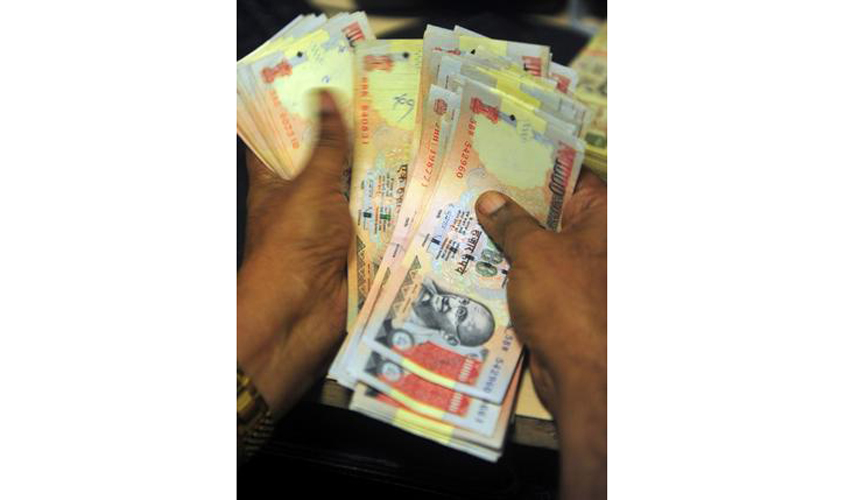In December 1972, the then Law, Justice and Company Affairs Minister requested the Law Commission of India to look at ways in which benaami deals could be stopped. The Law Commission suggested a separate law on benaami transactions. However, nothing was done in this regard and the matter remained in cold storage for 15 years.
The previous Congress governments were hardly sincere on the issue of benaami transactions and made half-hearted attempts to check the menace. But the Modi government took it as a challenge to curb the menace and made the Benaami Transaction Act much more stringent. In 1988, the government, headed by late Prime Minister Rajiv Gandhi, promulgated the Benaami Transactions (Prohibition of the Right to Recover Property) Ordinance 1988. According to the report of the Parliamentary Standing Committee on Finance, which examined the Benaami Transactions Prohibition (Amendment) Bill 2015, “the Ordinance was criticised by the press and public as a half hearted measure”.
“Accordingly, it was felt that the Bill to replace the Ordinance may be brought out as a comprehensive law on benaami trasanctions touching all aspects and accordingly, Law Commission was requested to examine the subject in all its ramifications,” the Committee had mentioned in its report submitted to Lok Sabha in April this year. Subsequently, the Benaami Transactions (Prohibition) Bill 1988, drafted after getting the report, was piloted by the Ministry and enacted by Parliament. It came into force in May 1988. The Ministry of Finance was tasked with implementation of this Act.
During the process of formulating the rules for implementing certain provisions of the 1988 Act, it was found that owing to infirmities in the legislation, it would not be possible to formulate the rules without comprehensive legislation by repealing the existing Act.
In July 2011, the then Manmohan Singh government introduced a new Bill — the Benaami Transactions (Prohibition) Bill, 2011 — which was to replace the Benaami Transactions (Prohibition) Act 1988. The Bill was referred to the Standing Committee on Finance by the Lok Sabha for its examination. The Committee submitted its report in June 2012. The Committee had made various recommendations and suggested changes to the proposed Bill. However, the government could not move the Bill beyond that. The Bill subsequently lapsed following the dissolution of the 15th Lok Sabha. However, the Modi government took the issue on a priority basis. The Benaami Transactions (Prohibition) Amendment Bill 2015, seeking to amend the 1988 Act, was introduced in the Lok Sabha on 13 May by Finance Minister Arun Jaitley. Subsequently, it was passed by the Rajya Sabha this year and now the Act has come into force from 1 November. The new amendment Act not only plugs the procedural lapses, but also expands the definition of benaami transactions and increases penalties. The Parliamentary Standing Committee, headed by Veerappa Moily, expressed concern at genuine transactions being labelled as benaami because of lack of clear titles, especially in the rural areas. The Finance Ministry, however, assured the Committee that there were suitable safeguards in the Act to protect bona fide transfers.

